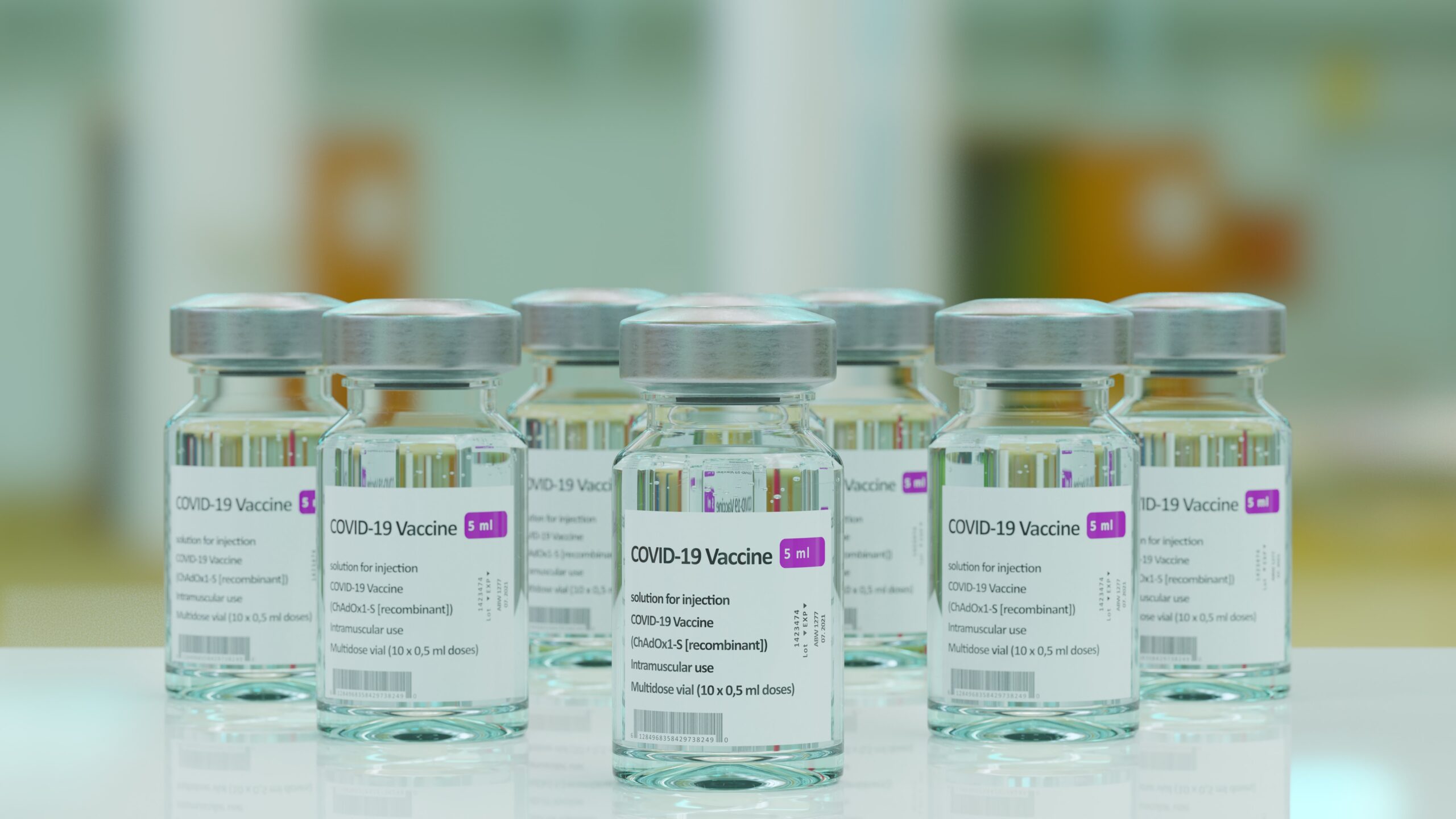In a global health emergency, who decides where vaccines go?
Global health advocate Zain Rizvi pushes for upheaval of intellectual property laws
Ellyn Lapointe • November 10, 2022
COVID-19 and monkeypox outbreaks have revealed stark global inequities in vaccine distribution.
Last year, Pfizer fell under scrutiny for allegedly bullying Latin American countries during COVID-19 vaccine negotiations. Worried about the cost of lawsuits if something went wrong with the vaccine, Pfizer pushed countries to put up sovereign assets as collateral to secure doses. The company’s demands delayed life-saving vaccine access and spurred public outrage.
Now, as the world scrambles to vaccinate against monkeypox, African countries where the disease has been endemic since the 1970s are struggling to secure doses. The vaccine, Jynneos, is completely controlled by its sole manufacturer, the Danish biotech company Bavarian Nordic. One company maintaining full control over a vaccine that is already in short supply has posed severe consequences for Africa, where there is still no monkeypox vaccine available. Meanwhile, the United States possesses nearly 80 percent of the global Jynneos supply, largely owing to prior investment in Bavarian Nordic. In 2020, the Department of Health gave Bavarian Nordic almost $200 million to assist in developing Jynneos.
These are just two examples of a global problem that Zain Rizvi, research director at the advocacy group Public Citizen, is trying to address. In pandemic times, large, for-profit pharmaceutical companies can decide when, how and where to distribute critical medicines, and developing countries often receive the short end of the bargain.
“Clearly the system as it is designed is not working,” Rizvi said at a recent lecture at Columbia Law School. He attributes the root of the problem to intellectual property rights, which protect the exclusive ownership that pharmaceutical companies wield over the vaccines they have developed and produced.
Here’s how it works: a pharmaceutical company invents a medication and patents it. Patenting prevents other companies from manufacturing the same medication. IP laws also prevent them from accessing trade secrets — what Rizvi describes as the recipe for making the drug. This allows the original company to exercise total control over the drug’s manufacturing, pricing and distribution.
The patent period is temporary, but not short. In the U.S. patents last 20 years. In the context of an immediate global health emergency, like COVID-19 or monkeypox, intellectual property laws can slow the vaccine manufacturing and distribution process, with no end in sight to their restrictions. This prevents certain parts of the world from gaining access to treatments and prevention resources, putting lives at stake.
Pharmaceutical companies argue that without patents, they won’t be incentivized to invent new drugs. Last year, Interpat, a non-profit association of pharmaceutical companies, created IP PACT, a declaration of the industry’s commitment to centering public health when exercising their intellectual property rights. 26 companies signed, including Pfizer. “We believe a robust patent system encourages effective and fair competition between innovators, which incentivizes innovation and delivers more choices for patients,” the declaration states.
But Rizvi argues, “how much of a reward do you need to incentivize the right kind of innovation?” The COVID-19 pandemic was extremely profitable for companies like Pfizer, who raked in $7.8 billion for their vaccine in 2021. By “the right kind of innovation” Rizvi means that there needs to be widespread equitable emergency response. He argues that pharmaceutical companies prioritize funding for speculative, future innovations over immediate public health needs.
In health emergencies, developed countries could exercise their power to override pharmaceutical patents in the interest of international safety, according to Rizvi. One tool the U.S. can use to do this is the Defense Production Act (DPA), through which the president can require pharmaceutical companies to share their vaccine manufacturing knowledge with other manufacturers around the world. Not only would this disrupt one company’s monopoly over the vaccine, but Rizvi claims it would improve vaccine access for developing countries by ramping up production. The DPA, however, has never been invoked for this purpose.
Rich countries can try to ignore the problem beyond their borders, “but in our globalized world, those problems will eventually show up at home,” said Rizvi. Failing to respond equitably to pandemics creates opportunities for diseases to mutate and return to the developed world, a phenomenon that’s already playing out with the onslaught of COVID-19 variants.
“The U.S. government needs to take seriously the idea that global public health policy is not charity,” said Rizvi. “No one is safe until everyone is safe.”
Correction: An earlier version of this article stated “Patenting prevents other companies from manufacturing the same medication. It also prevents them from accessing trade secrets …” This has been changed to “Patenting prevents other companies from manufacturing the same medication. IP Laws also prevent them from accessing trade secrets …” to clarify that patents and trade secrets are two distinct areas of IP law. Updated Nov. 11, 2022.
